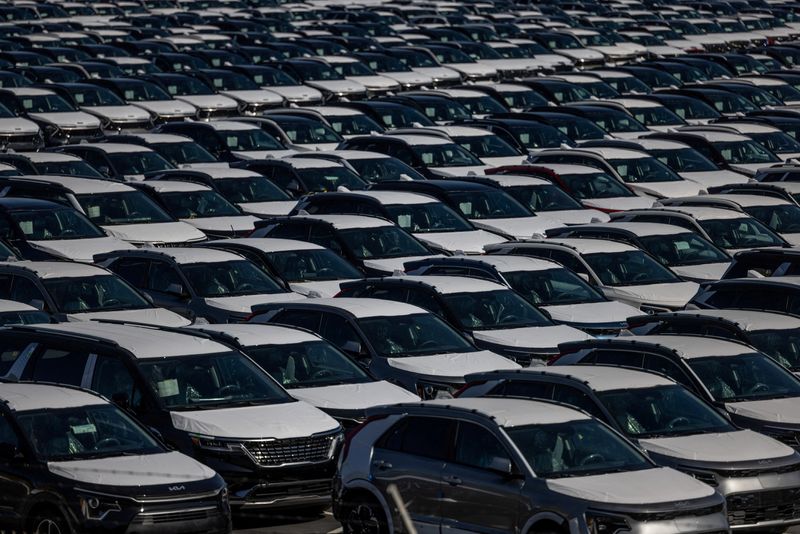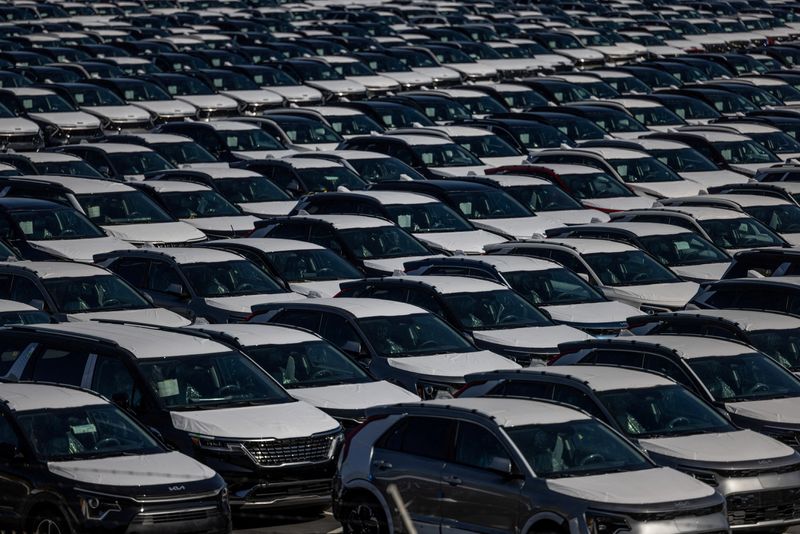
Car plants in Europe, N. America face closures in 2025, Gartner says in report

(Reuters) – Several European and North American car factories are at risk of being closed or sold this year as automobile brands struggle with overcapacity and price competition, research and advisory firm Gartner (NYSE:IT) said in a report on Thursday.
Automakers will likely cut production capacity on the two continents in 2025 as they face emissions targets and tariffs, while China’s electric vehicle (EV) dominance will increase due to its edge in software and electrification, the firm said.
Closures or sales are more likely in high-cost countries, where political and societal pressure will be offset by mounting competition, Gartner VP Analyst Pedro Pacheco told Reuters.
“This is a little bit like a pressure cooker,” Pacheco said. “The pressure increases, increases and… that will push the number of automakers to take more pragmatic decisions.”
Chinese brands could buy plants to overcome trade barriers, or open new factories in lower-cost European countries and free-trade partners like Morocco or Turkey, the firm predicted.
Fearing disruptions from 2025 European Union CO2 emission rules, the CEO of German auto supplier Bosch (NS:BOSH), Stefan Hartung, told the publication Auto Motor und Sport on Wednesday the bloc should abstain from fining companies that fall short of targets.
Europe’s auto industry is no longer on track to reach its 2030 and 2035 EV targets, said Luc Chatel, chairman of the French car lobby PFA.
“The risk is that we end up reducing combustion engine vehicle sales to artificially beef up” EV sales, he told Reuters.
Despite the challenges to electrification, Gartner expects shipments of electric buses, cars, vans and heavy trucks to grow overall by 17% in 2025. It forecast more than 50% of all vehicle models marketed by automakers to be EVs by 2030.
To achieve the shift, legacy carmakers may buy software architecture from newer EV makers and digital firms, boost research and development centres in tech hubs or partner with tech companies to create self-funded EV joint ventures, Pacheco said.


